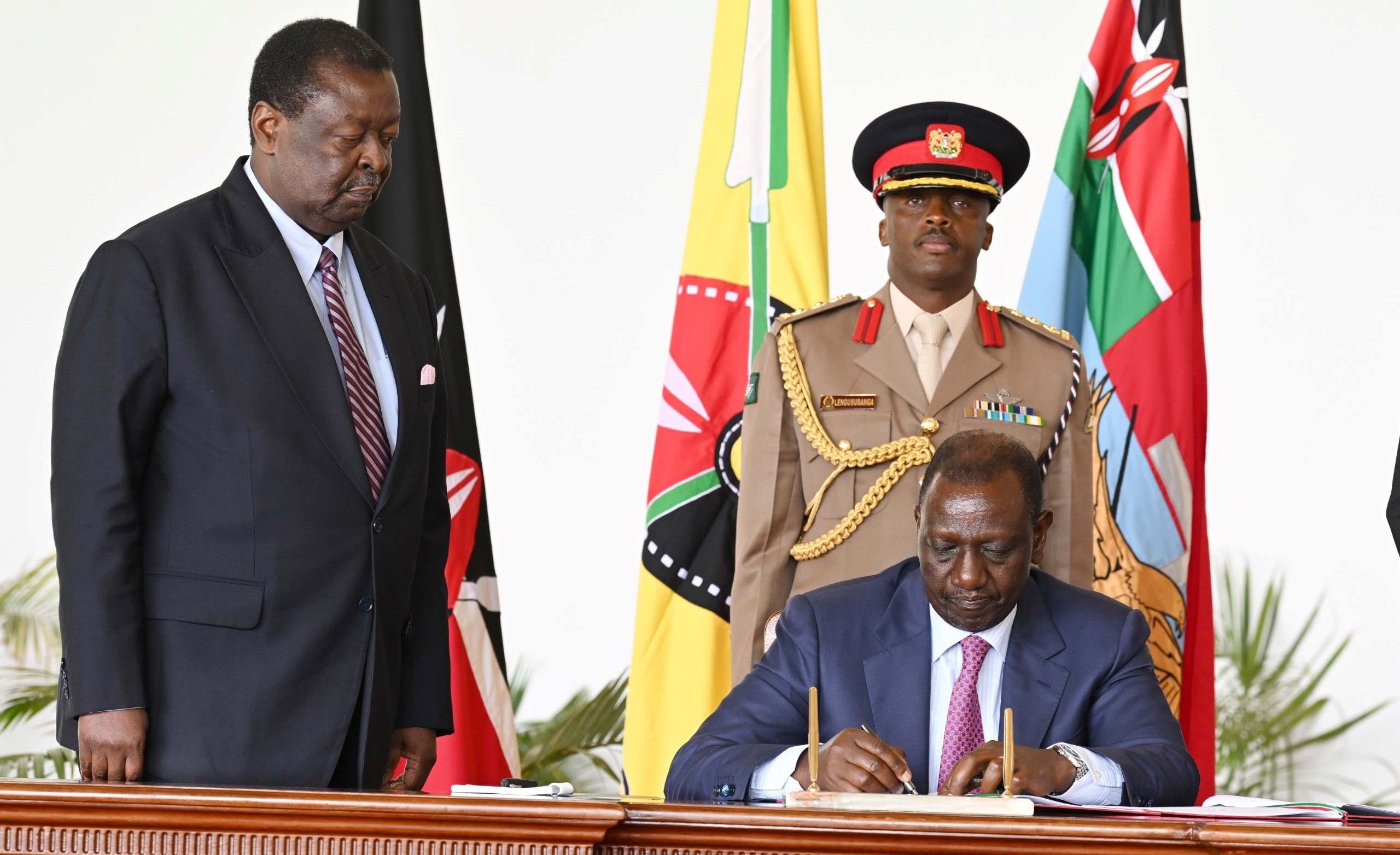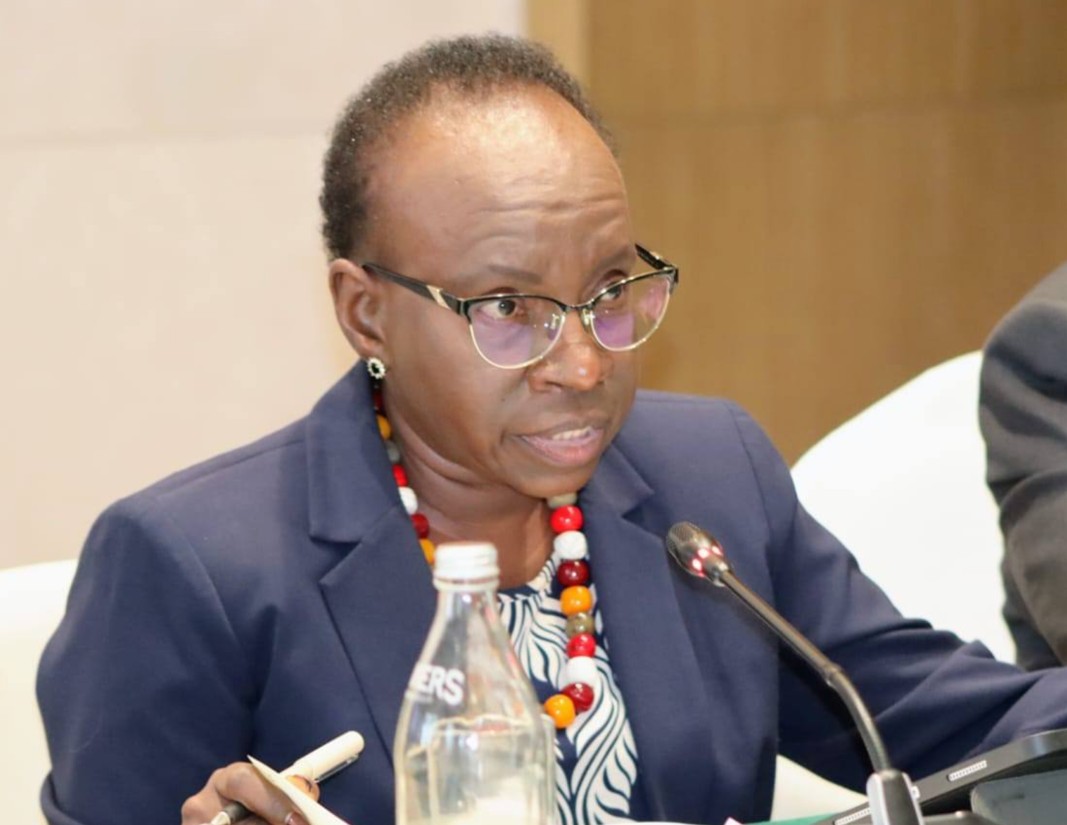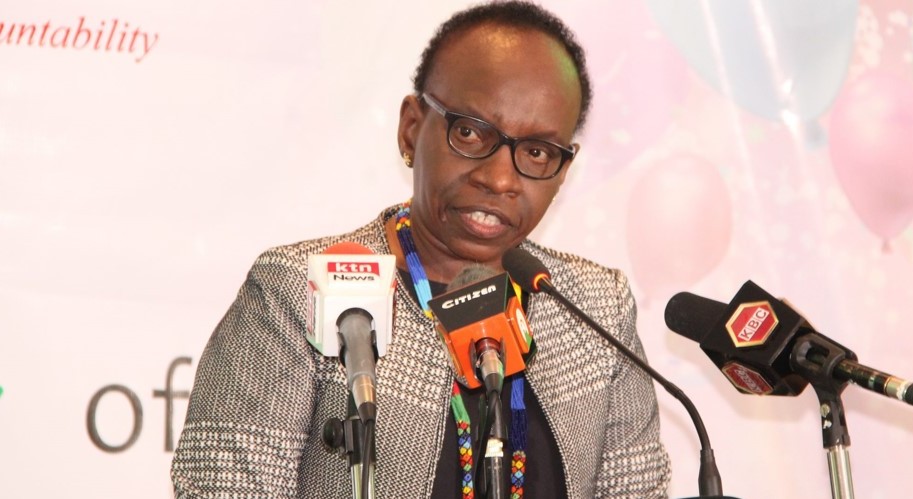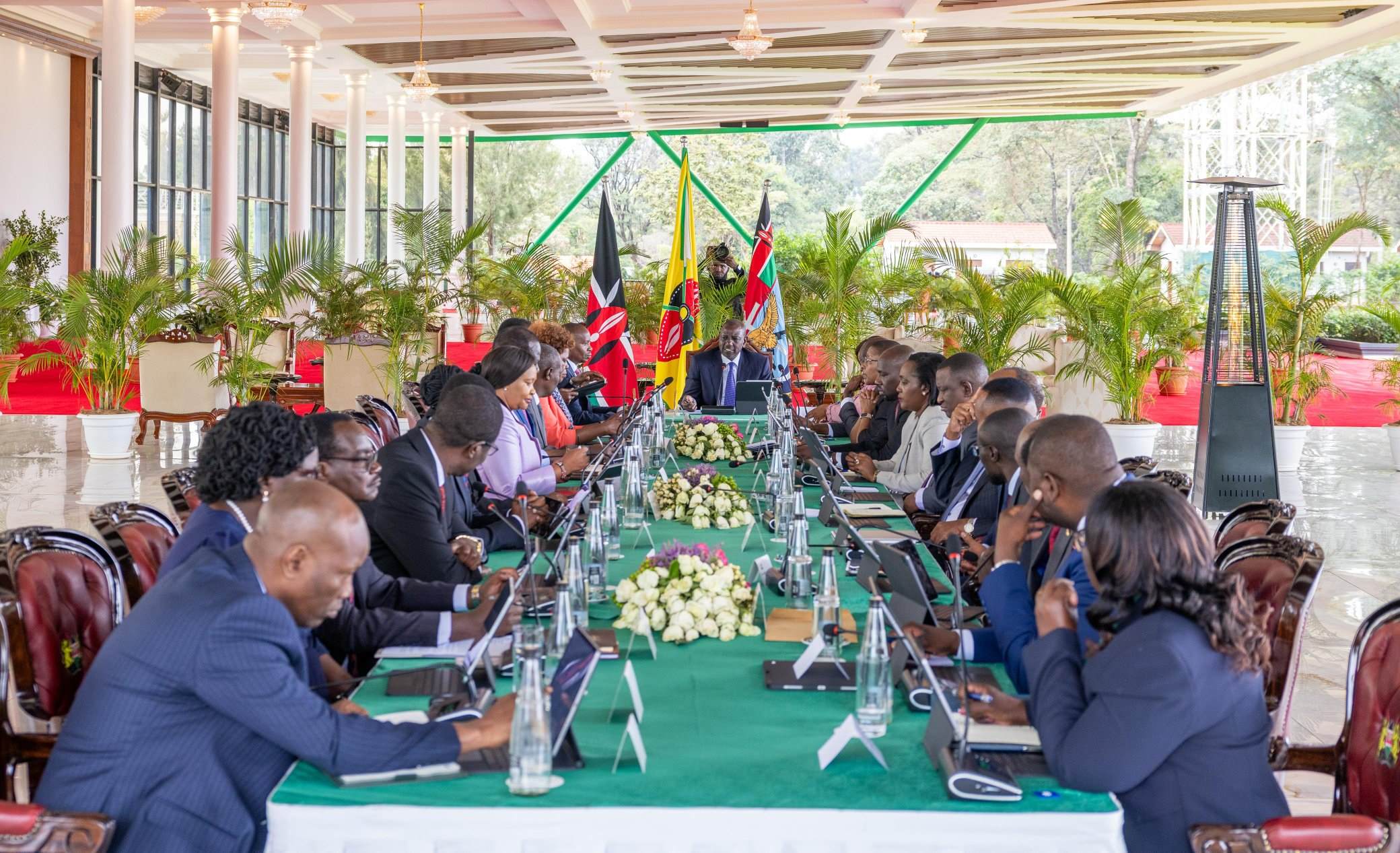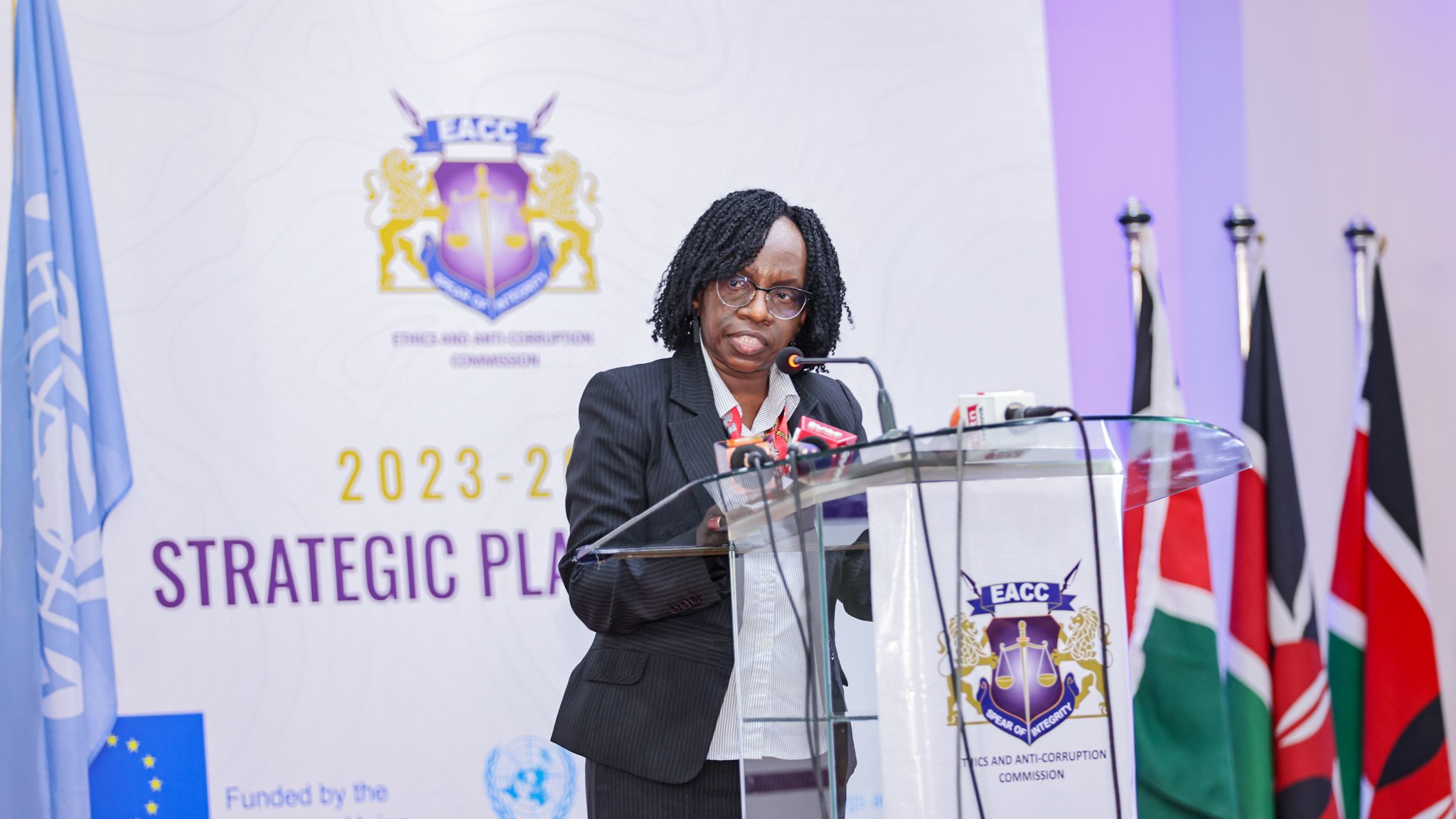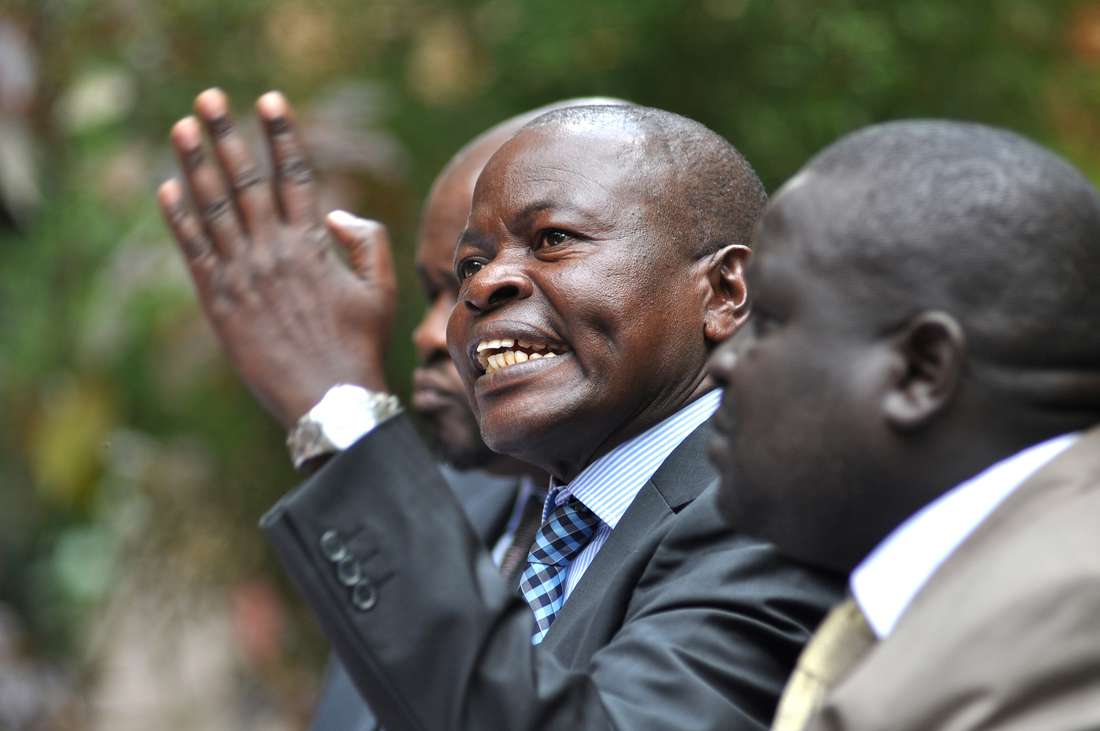Hajj pilgrims warned against using unauthorised agents to avoid fraud
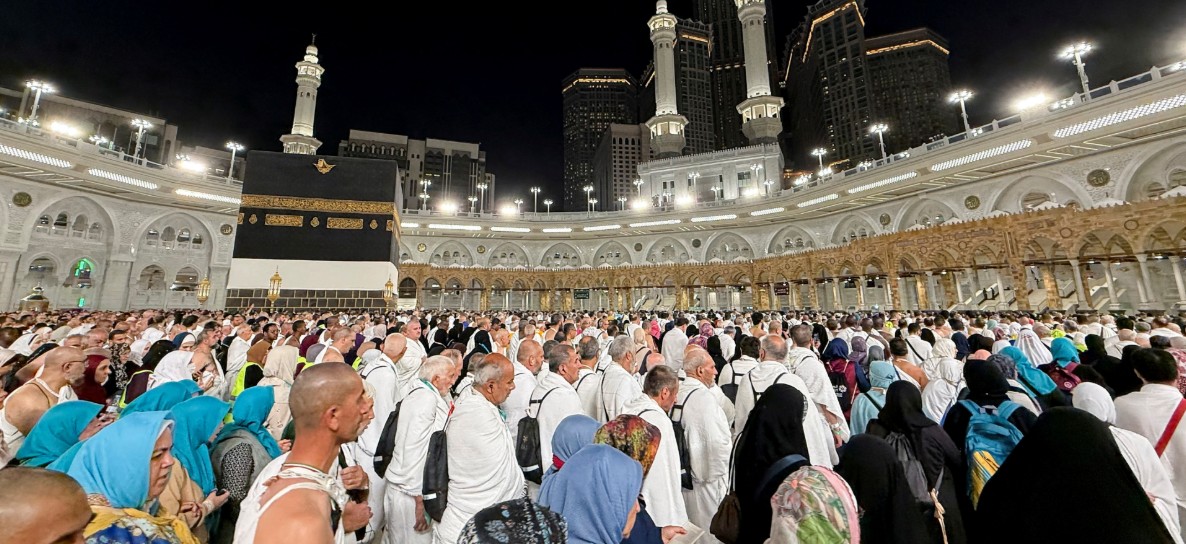
They emphasised that the council is the only legally mandated institution to coordinate the pilgrimage, adding that individuals or agencies operating outside its framework will be considered unlawful.
The Supreme Council of Kenya Muslims (SUPKEM) has warned Kenyan Muslims planning to attend next year’s Hajj pilgrimage against using unregistered travel agents, declaring itself the sole institution authorised to handle all related logistics and documentation.
Speaking during a Hajj planning meeting, SUPKEM officials said the move is intended to protect pilgrims from fraud and logistical failures witnessed during the previous pilgrimage season.
More To Read
- Mombasa Hajj agents cry foul over SUPKEM's control, seek State intervention
- SUPKEM under fire as Kenyan pilgrims decry mismanagement during 2025 Hajj
- Muslims in Eastleigh, rest of Kenya observe the Day of Arafah through fasting
- Mandera deputy governor becomes acting governor as Mohamed goes on Hajj pilgrimage
- What happens during first 9 days of Dhul Hijjah as Muslims begin fasting and millions prepare for pilgrimage
- Mombasa religious leaders slam Gachagua over 'inflammatory' remarks, call for legal action
They emphasised that the council is the only legally mandated institution to coordinate the pilgrimage, adding that individuals or agencies operating outside its framework will be considered unlawful.
SUPKEM Chairperson Hassan Ole Naado said the Council is tightening its oversight by introducing stricter vetting measures for all entities involved in Hajj travel arrangements.
“Apart from identification and listing, we are also working on a code of conduct which every entity and individual involved will be required to sign. Any other person or unlawful operative involved in the process will not be allowed,” Hassan said.
The Council noted that it is also developing a list of verified and approved travel agents, which will be shared publicly.
Mudhar Khitami, Chair of the SUPKEM Hajj Committee, noted that once the verification process is complete, the names of authorised agents will be published in local newspapers and displayed in mosques across the country.
The directive follows a wave of complaints from Kenyan pilgrims who, during the most recent Hajj, were left stranded without accommodation, transport, or other essential services, despite having made full payments to unofficial agents.
In response to the failures, SUPKEM said it has taken disciplinary action against seven agencies found to have breached Hajj travel regulations and guidelines.
“These were clear directives and regulations that most of these agencies flouted. They also politicised very sensitive religious matters, which is not allowed in Kenya,” Hassan said while defending the suspensions.
Hajj is one of the five pillars of Islam and a religious obligation for all able-bodied and financially capable Muslims to undertake at least once in their lifetime. The annual pilgrimage takes place in the Islamic month of Dhu al-Hijjah and involves several days of spiritual rituals in and around Mecca, Saudi Arabia.
Key activities during the pilgrimage include the Tawaf (circling the Kaaba), standing at Mount Arafat and the symbolic stoning of the devil in Mina. The journey holds immense spiritual significance, offering Muslims an opportunity to seek forgiveness, renew their faith and affirm their equality before Allah.
Pilgrims are expected to adhere strictly to religious guidelines throughout the Hajj period, making thorough preparation and proper coordination critical.
SUPKEM says it is committed to ensuring that all Kenyan pilgrims are accorded the support they need to fulfil their religious duty safely and without disruption.
Top Stories Today




